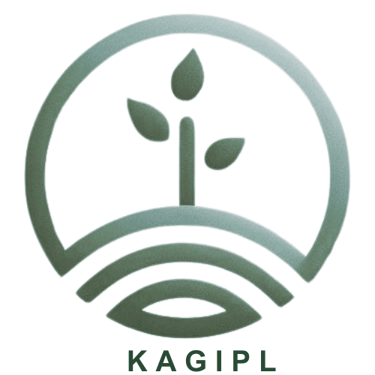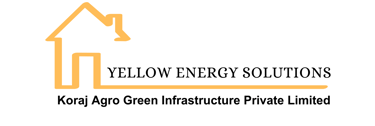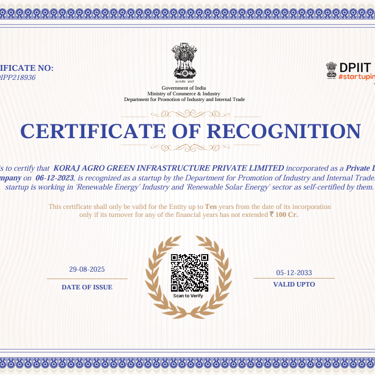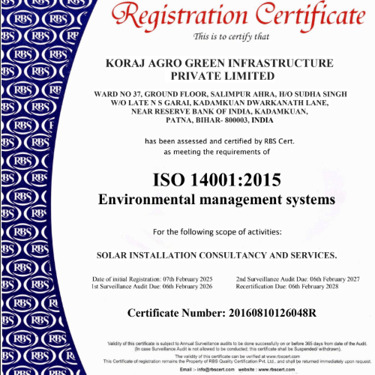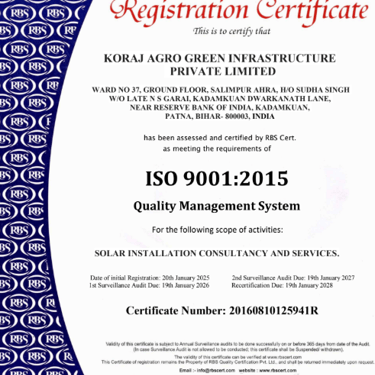In addition to their environmental benefits, solar cookers offer a range of other advantages. They reduce reliance on fossil fuels, minimize indoor air pollution, and promote healthier cooking practices. Solar cookers are also versatile, capable of cooking a wide variety of dishes using different cooking methods, including boiling, steaming, baking, and frying.
Moreover, solar cookers are particularly well-suited for use in off-grid areas, rural communities, and developing countries where access to electricity or cooking fuel may be limited. They empower individuals and communities to become more self-reliant, while also reducing energy costs and improving quality of life.
In this introduction, we'll explore the working principles, types, benefits, and applications of solar cookers, shedding light on their potential to revolutionize the way we cook and consume food in a sustainable and environmentally conscious manner.
Working Principle
Solar cookers harness the power of sunlight to heat and cook food. They operate on the principle of converting solar energy into thermal energy, which is then used for cooking. There are several types of solar cookers, but they all generally work in the following ways:
1. Concentration of Sunlight: Some solar cookers use reflective surfaces or mirrors to concentrate sunlight onto a cooking area. This focused sunlight generates intense heat, which is directed towards the cooking vessel.
2. Absorption of Solar Energy: The cooking vessel, typically made of dark-colored materials, absorbs the concentrated solar energy. Dark colors absorb more sunlight and convert it into heat more efficiently.
3. Retention of Heat: Solar cookers often incorporate insulation materials to trap heat and maintain high temperatures inside the cooking chamber. This helps to ensure that the food cooks evenly and retains moisture.
4. Cooking Process: As the cooking vessel absorbs solar energy, it gradually heats up, cooking the food inside. The cooking time varies depending on factors such as the intensity of sunlight, the type of food being cooked, and the design of the solar cooker.
5. Safety Measures: Many solar cookers feature built-in safety mechanisms to prevent overheating and ensure safe cooking conditions. These may include temperature regulators, vents for releasing excess heat, and sturdy construction to withstand outdoor conditions.
Benefits of Solar Cookers
1. Environmentally Friendly: Solar cookers use renewable solar energy, which is abundant and freely available. By harnessing sunlight for cooking, they reduce reliance on fossil fuels and help to mitigate greenhouse gas emissions, thus contributing to environmental sustainability.
2. Cost Savings: Solar cookers eliminate the need for conventional cooking fuels such as gas, electricity, or firewood, resulting in significant cost savings over time. Once installed, solar cookers have minimal operating costs, making them a cost-effective cooking solution in the long run.
3. Health Benefits: Unlike traditional cooking methods that produce indoor air pollution and expose users to harmful smoke and emissions, solar cookers provide a clean and smoke-free cooking environment. This reduces the risk of respiratory illnesses and improves indoor air quality, particularly in rural areas where indoor cooking with solid fuels is common.
4. Versatility: Solar cookers can be used to prepare a wide range of dishes, including boiling, steaming, baking, and roasting. They are suitable for cooking various foods such as grains, vegetables, meats, and even desserts. Solar cookers offer versatility in outdoor cooking, camping, and emergency preparedness situations.
5. Accessibility: Solar cookers are relatively simple in design and construction, making them accessible to people in remote or off-grid areas where access to conventional cooking fuels may be limited. They can be easily constructed using locally available materials or purchased at affordable prices, making solar cooking accessible to a wide range of communities.
6. Sustainability: By promoting solar cooking practices, solar cookers contribute to sustainable development goals by reducing reliance on non-renewable energy sources and promoting self-sufficiency in cooking. Solar cooking initiatives also empower communities to adopt environmentally friendly cooking practices and reduce their carbon footprint.
In summary, solar cookers offer a sustainable, cost-effective, and environmentally friendly solution for cooking food using solar energy. Their simple yet effective design, coupled with numerous health, economic, and environmental benefits, makes solar cookers a valuable technology for communities around the world.


About Solar Cooker
In a world where sustainable living practices are increasingly becoming a necessity, solar cookers stand out as a beacon of eco-friendly innovation. Solar cookers harness the abundant energy of sunlight to cook food, offering a clean, efficient, and sustainable alternative to traditional cooking methods.
Imagine a cooking appliance that requires no fuel, produces no emissions, and operates solely on the power of the sun. That's precisely what a solar cooker is. These ingenious devices utilize solar panels or reflective surfaces to capture sunlight and convert it into heat energy, which is then used for cooking.
Solar cookers come in various designs, ranging from simple box cookers to more sophisticated parabolic and panel cookers. However, they all share the same basic principle: harnessing sunlight to heat food.
